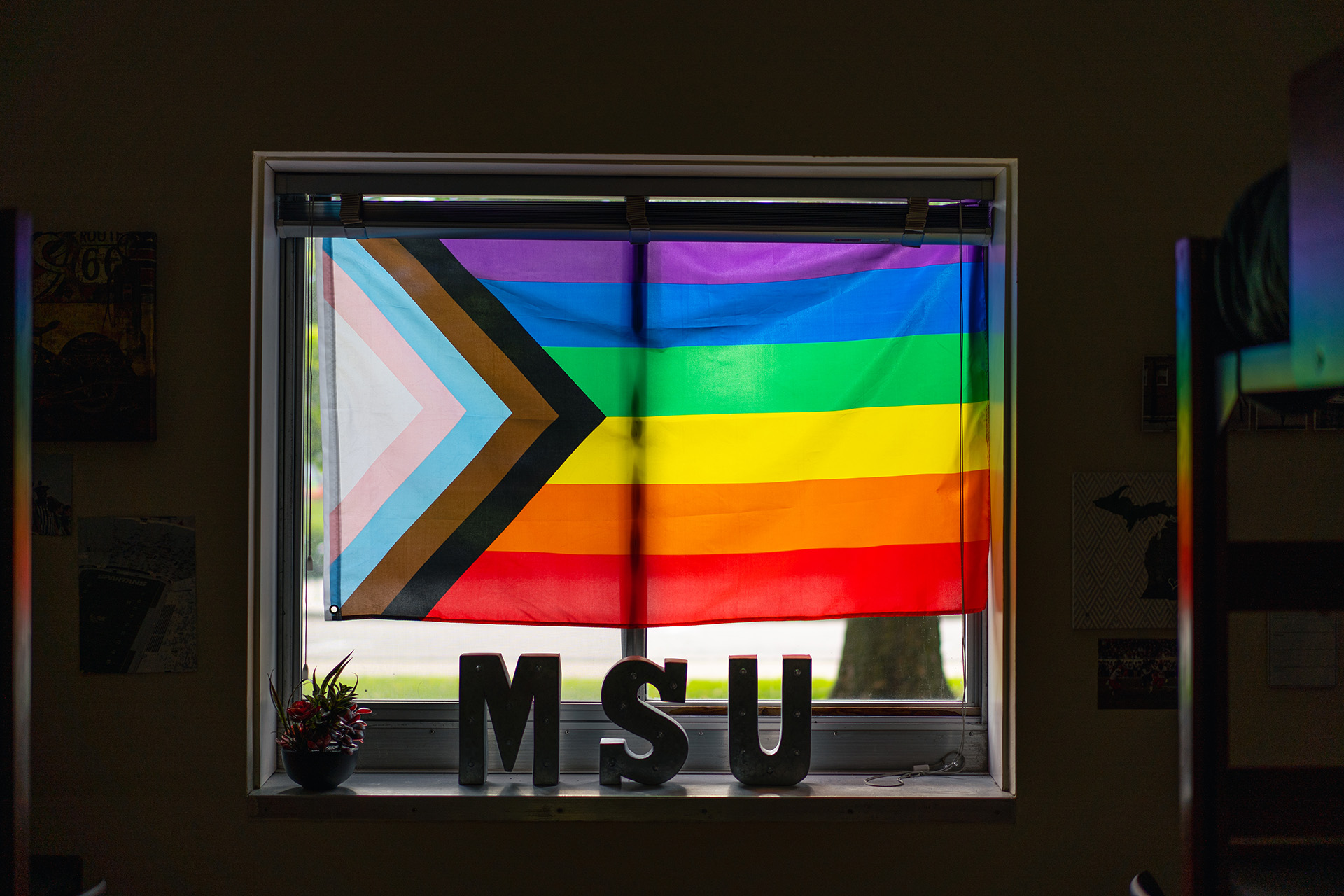National Coming Out Day, celebrated annually on Oct. 11, falls during LGBTQ+ History Month. This day acknowledges members of the LGBTQIA+ community who have experienced coming out—a process that can be difficult for many. National Coming Out Day helps recognize and celebrate this act of bravery.

Whether you are part of the LGBTQIA+ community or not, you might ask, "What is National Coming Out Day?" This year, the day will be observed on Friday, Oct. 11, 2024. It aims to raise awareness of the courage it takes to come out. For many, coming out is not easy, and individuals often feel unsafe or anxious. This day acknowledges those challenges.
While National Coming Out Day is significant, it’s not the only time to celebrate coming out. The process should happen when an individual feels safe and comfortable. Coming out is meant to be honored and celebrated every day.
At Michigan State University, the Gender and Sexuality Campus Center, or GSCC, works closely with students, particularly those in the LGBTQIA2S+ community.
"National Coming Out Day is an annual LGBTQIA2S+ awareness day that was first organized in 1987 to mark the anniversary of the National March on Washington for Lesbian and Gay Rights,” said GSCC Director Grace Wojcik. “The idea for the day comes from the belief that homophobia and transphobia thrive in silence. Once people know they have loved ones who are LGBTQIA2S+, they are less likely to maintain oppressive views."
MSU has recognized National Coming Out Day in many ways over the years. “It's important to recognize this day as a milestone on the journey toward progress led by LGBTQIA2S+ people who came before us," said Wojick. The day also coincides with the anniversary of the 1987 March on Washington for Lesbian and Gay Rights.
In celebration of the week, the GSCC is hosting the QTBIPOC Celebration Week from Oct. 7-11, uplifting the voices and experiences of queer, transgender, Black, Indigenous and people of color.
For more information, visit the GSCC’s website or social media. You can also sign up for their newsletter on the website.